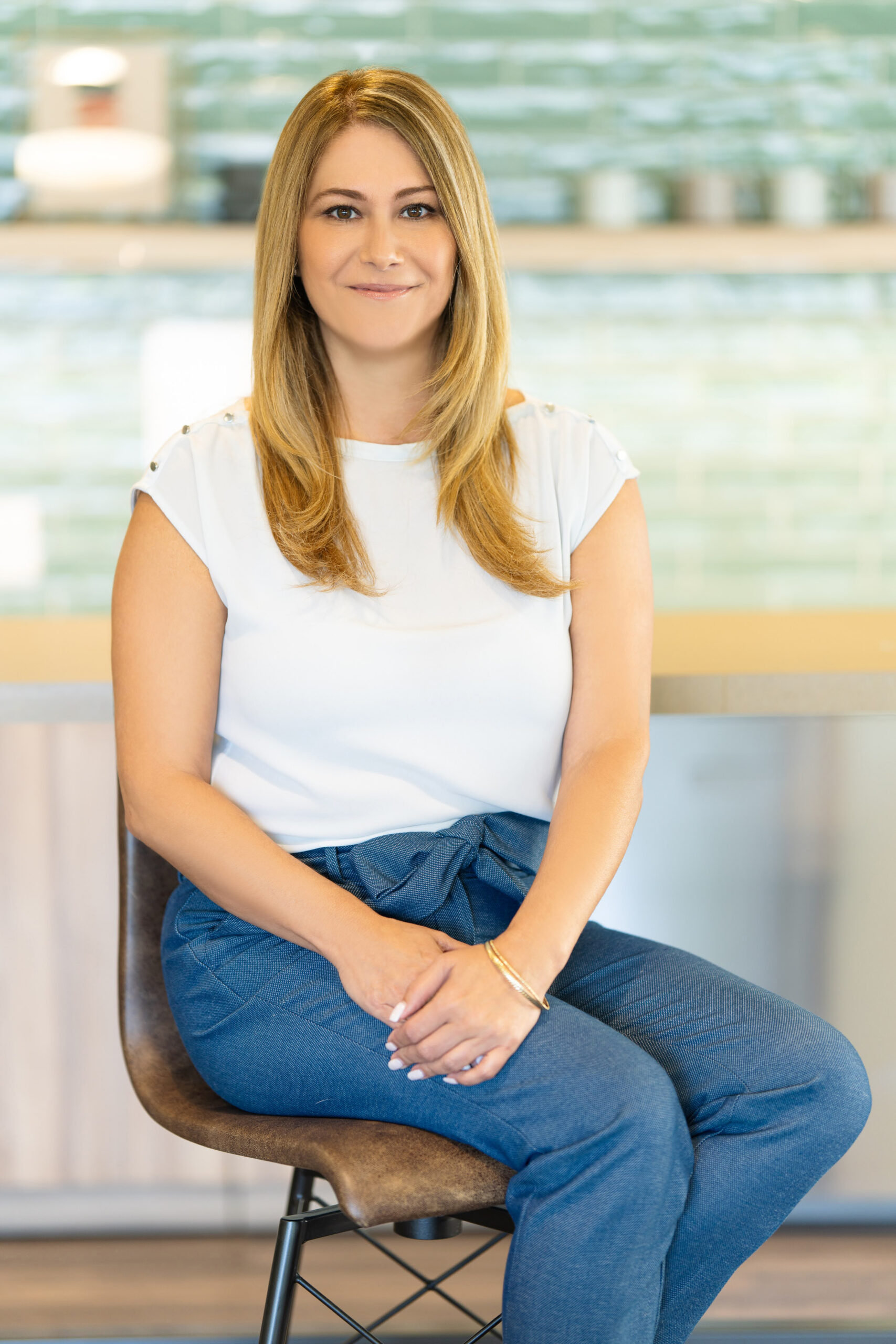How would your clients and colleagues describe you as a therapist?
The feedback I have received, “I am a calm, compassionate, patient anchor.”
What is one thing that you have learned through your own therapy?
Being open, honest and receptive and the willingness to be seen and heard in therapy is one of the greatest gifts I gave myself.
What was your path to becoming a therapist?
I have always been inspired by people’s stories, how they dealt with difficult situations, how its shaped them and how they overcame adversities in their life. For over 12 years I studied and analyzed qEEG brain imaging to learn and identify the source of symptoms or dysregulation in the brain. This lead me to want to incorporate therapeutic strategies such as EMDR in counseling to help facilitate neurophysical change and symptom reduction.
How have your personal experiences helped your work with your clients?
As a trauma survivor, my experiences have helped me become a better listener for my clients, have a compassionate heart, instilling hope that trauma doesn’t have to hold us back from living fulfilling happy lives.


What does a typical session with you look like?
After the initial phase of getting to know the client, I work with them with EMDR resourcing and strength based strategies and then do EMDR past trauma work.
If you could pick one or two books that influenced your approach to therapy what would they be and why?
Right now it is Francine Shapiros book EMDR Therapy. I am very interested about how trauma effects the brain and the symptoms and beliefs developed from it and the brain’s ability to heal and form new neurosynaptic connections through EMDR.
Is there an example from your daily life where you practice what you preach?
Self care is very important as a therapist or a client. I practice daily meditation, journaling, exercise and being in nature. I utilize all the techniques I teach my clients.
Short Term (Solution-focused, etc.)
Ideal for those who are coming in with a specific problem they’d like to address and gain clarity on. Typically, short term therapies are present focused and do not dive deep into your past.
Structured
Structured therapies are goal and progress oriented. Therapists may incorporate psychoeducation and a specific “curriculum.” In order to stay on track, therapists may provide worksheets and homework.
Insight-oriented (Psychodynamic, Existential, etc.)
Exploring the past and making connections to present issues can help clients gain insight. Getting to the root of the issue and finding deeper self-awareness can help with long-term change.
Non-directive (Humanistic, Person-centered, etc.)
Going with the flow and seeing where it leads.
Behavioral (CBT, DBT, etc.)
Focuses on changing potentially unhealthy or self-destructive behaviors by addressing problematic thought patterns and specific providing coping skills.
Trauma Focused (EMDR, TF-CBT, etc.)
Recognizing the connection between trauma experiences and your emotional and behavioral responses, trauma focused therapy seeks to help you heal from traumas.